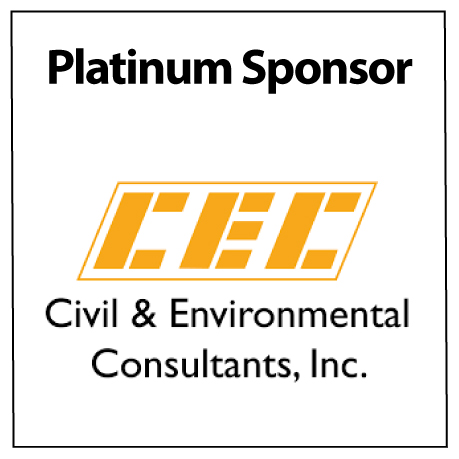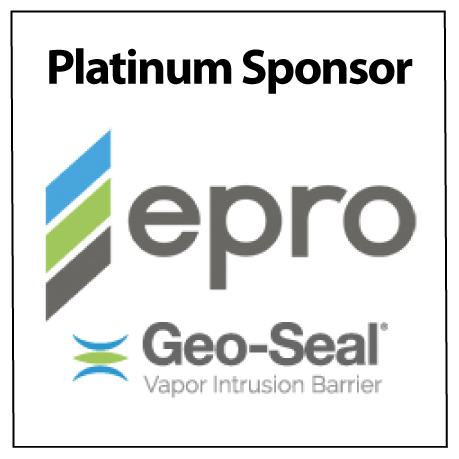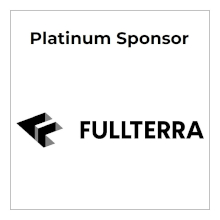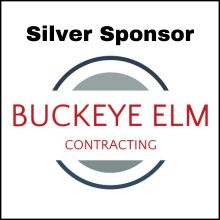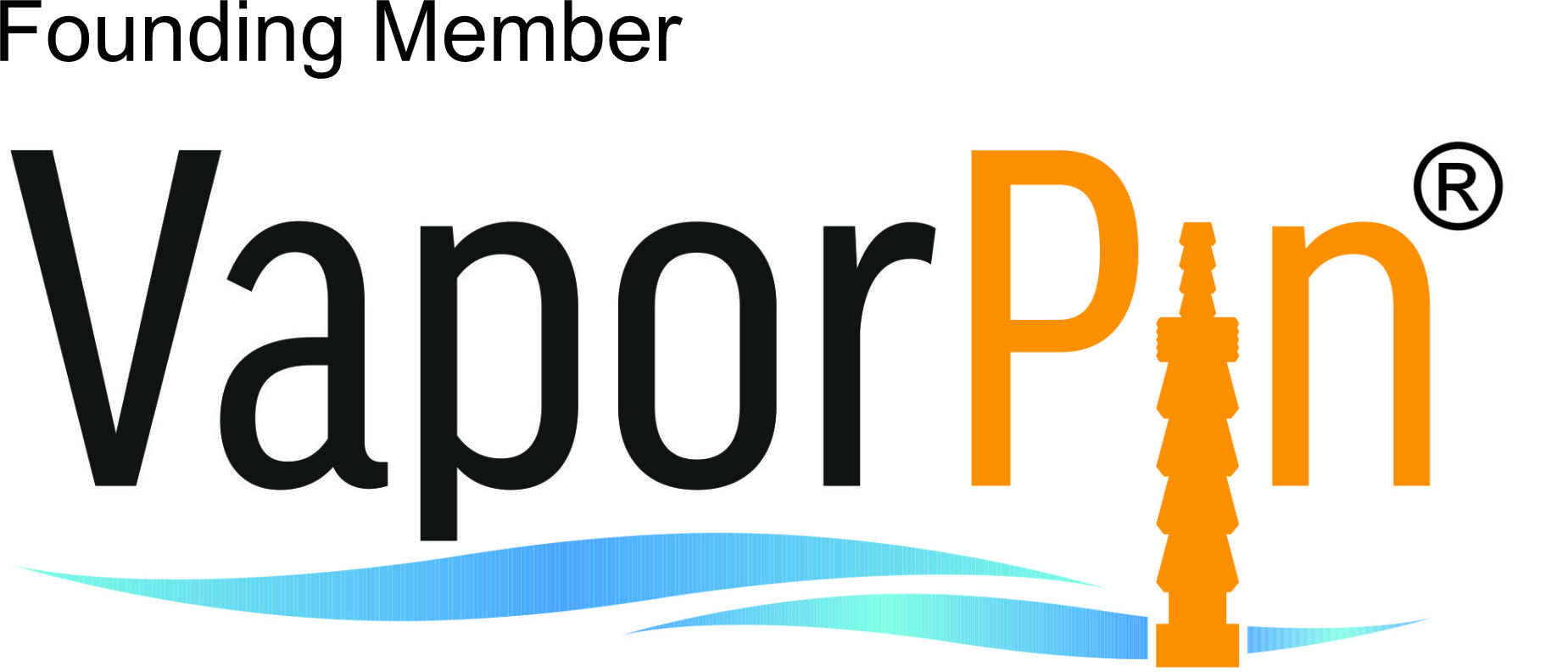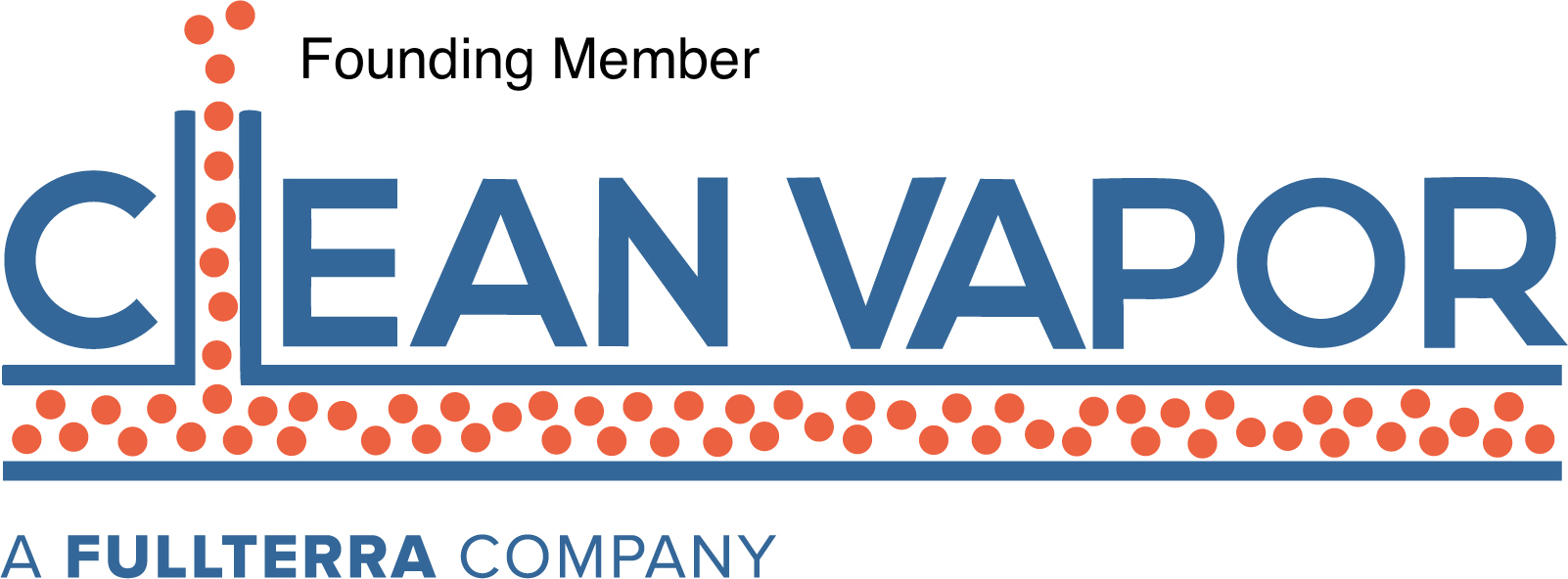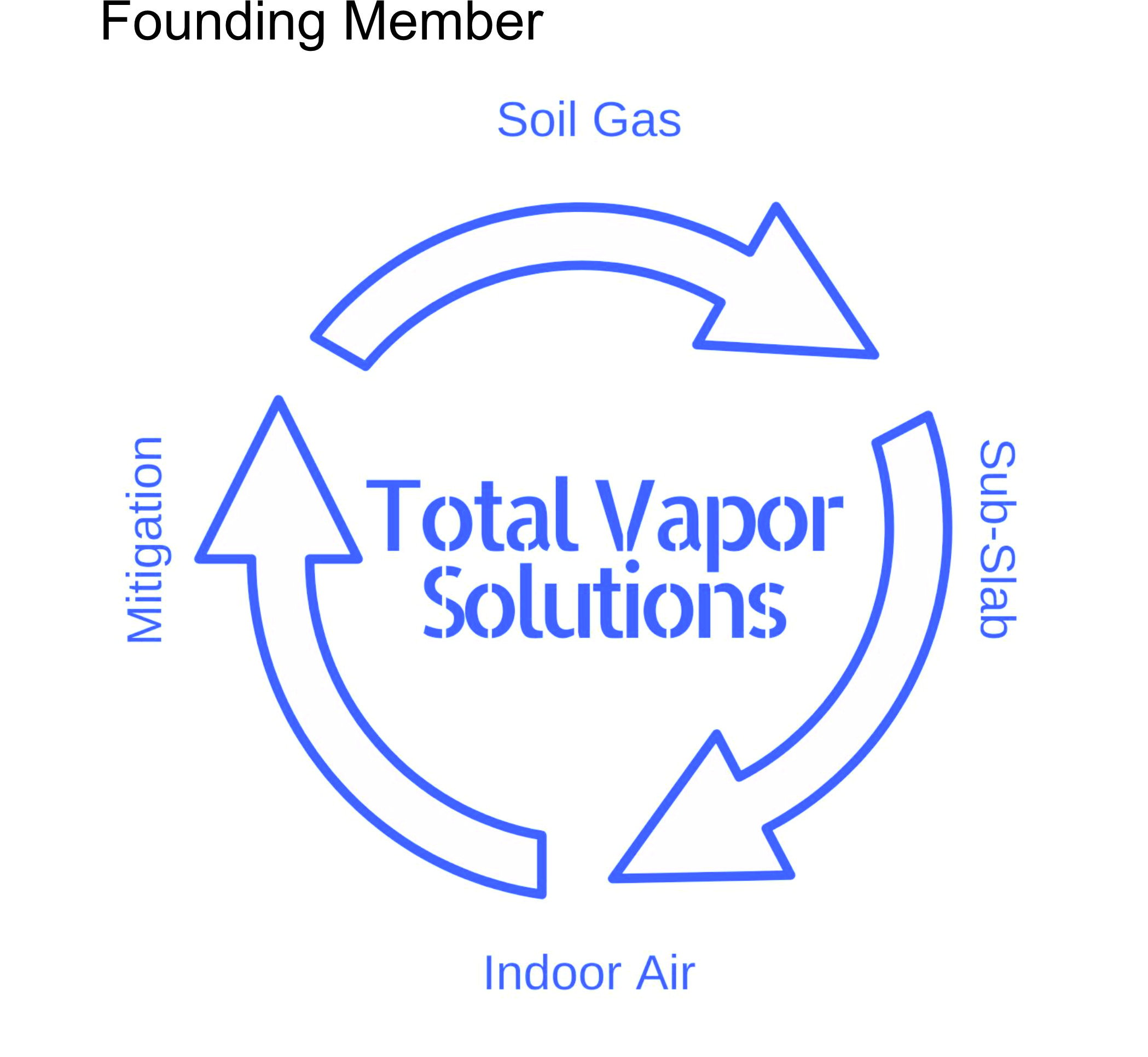Councils / CommitteesAVIP has created specialized councils to advance our association's goals, and we welcome your involvement. If you're an AVIP member, consider joining a council or taking a leadership role. Below are brief descriptions of each council. To express your interest, send your contact details and preferred councils to [email protected]. Council Descriptions (in alphabetical order)Communications Council - The Communications Council oversees AVIP's communication policies, social media, and discussion groups. They also explore new ways to connect with members and interested parties through alternative media. Education Council - The Education Council develops educational materials for the Vapor Intrusion industry, covering technical procedures and best practices. This includes classroom, hands-on, and virtual modules focusing on VI core technologies, practices, and standards. The materials serve both the membership and educate the general public on vapor intrusion issues. Ethics Council - The Ethics Council develops and maintains AVIP's ethics policies, outlining member behavior related to professional conduct. These policies ensure services align with national and international law, promoting ethical practices that prioritize human health and environmental well-being. Finance Council – The Finance Council ensures financial oversight for the association. Responsibilities include budgeting, financial planning, reporting, tax oversight, and creating/monitoring internal control and accountability policies. Legislative Council - The Legislative Council oversees and directs the Association's engagement with federal and state legislative members, including lobbying efforts. They identify and monitor key legislation affecting the VI community and national standards. Loss Prevention Council - The Loss Prevention Council develops risk management practices to minimize loss for the Association and its members. The focus includes reducing the likelihood and severity of losses, aiming to decrease lawsuits, insurance claims, and ensuring accurate wording in contracts through safety and risk management information. Membership Council - The Membership Council identifies member needs and recommends services to meet those needs. They focus on recruiting new members, promoting participation, and encouraging engagement within the Association. Regulatory Council - The Regulatory Council gathers and distributes information on regulations affecting VI assessment and mitigation. Using industry best practices, the council develops and promotes safe and effective VI regulations and standards. It communicates Association positions during public review and comment periods, engaging regulators as stakeholders in AVIP standards and best practices development. Standards Council - The Standards Council assesses existing and emerging standards and best practices, guiding and influencing industry standards with private and public sector involvement. Subcommittees under the Standards Council include:
|

